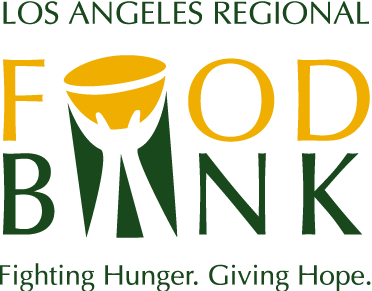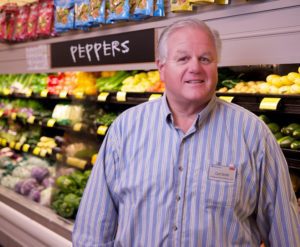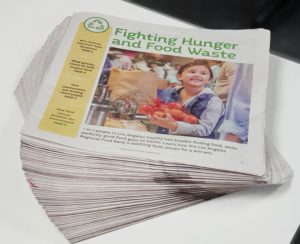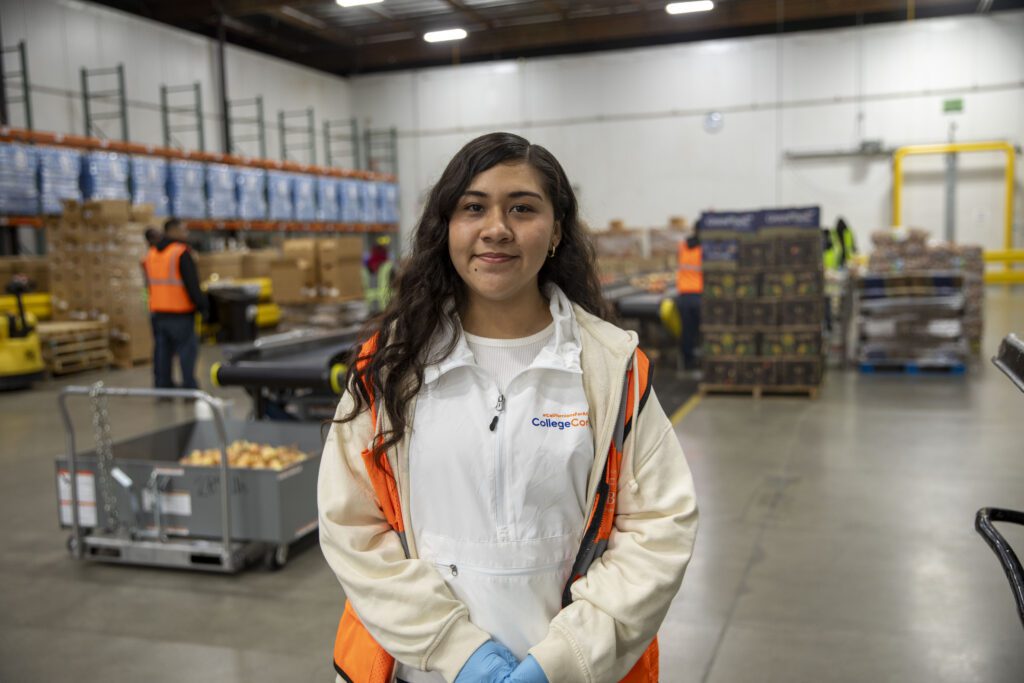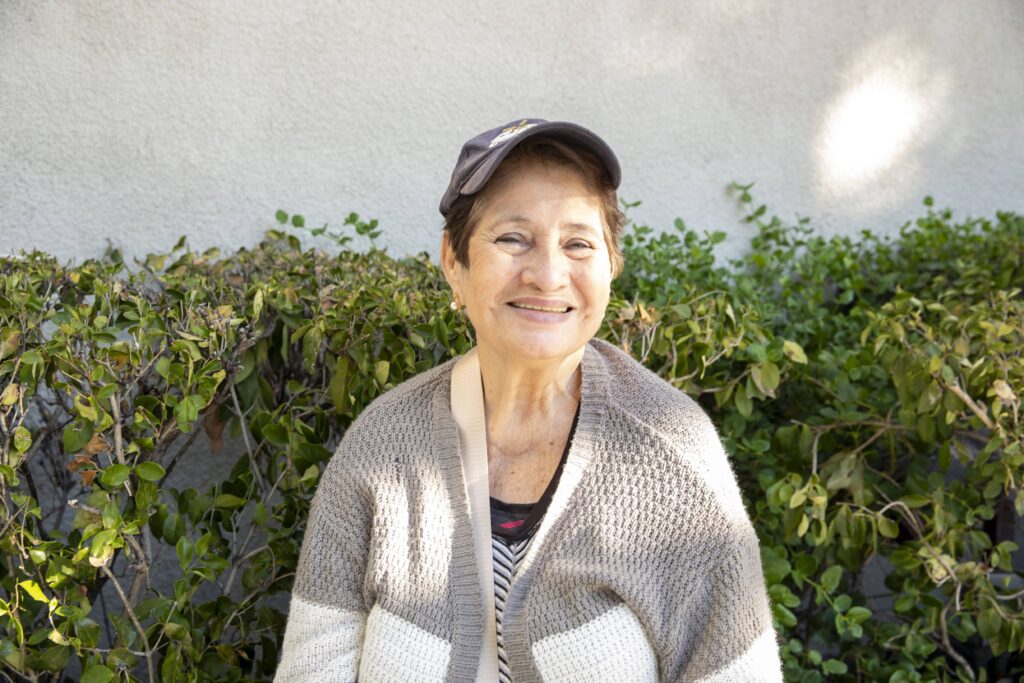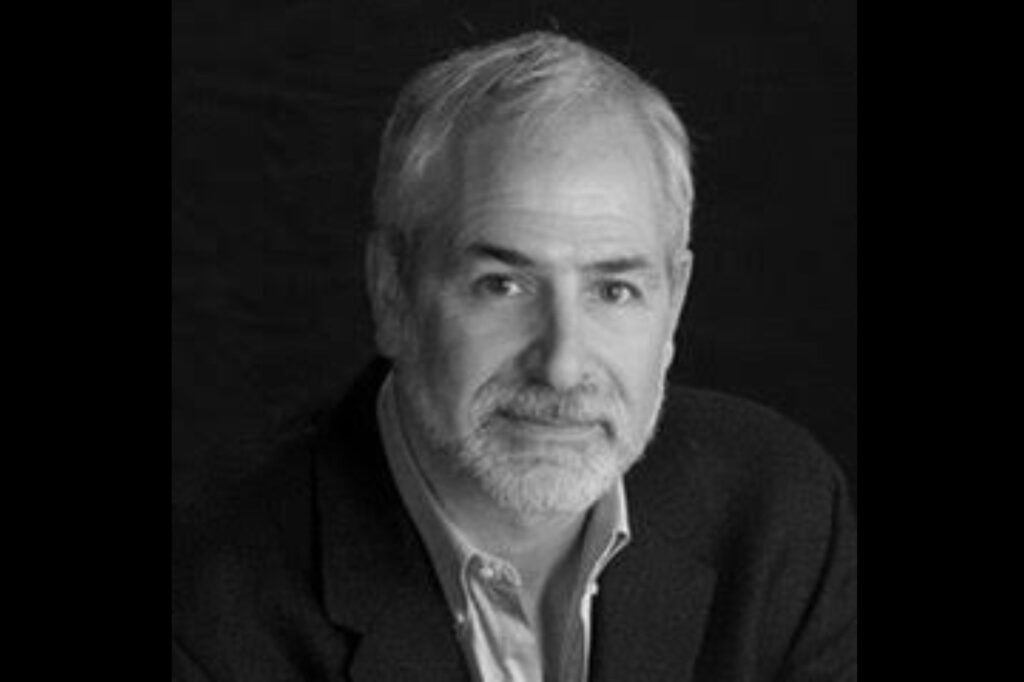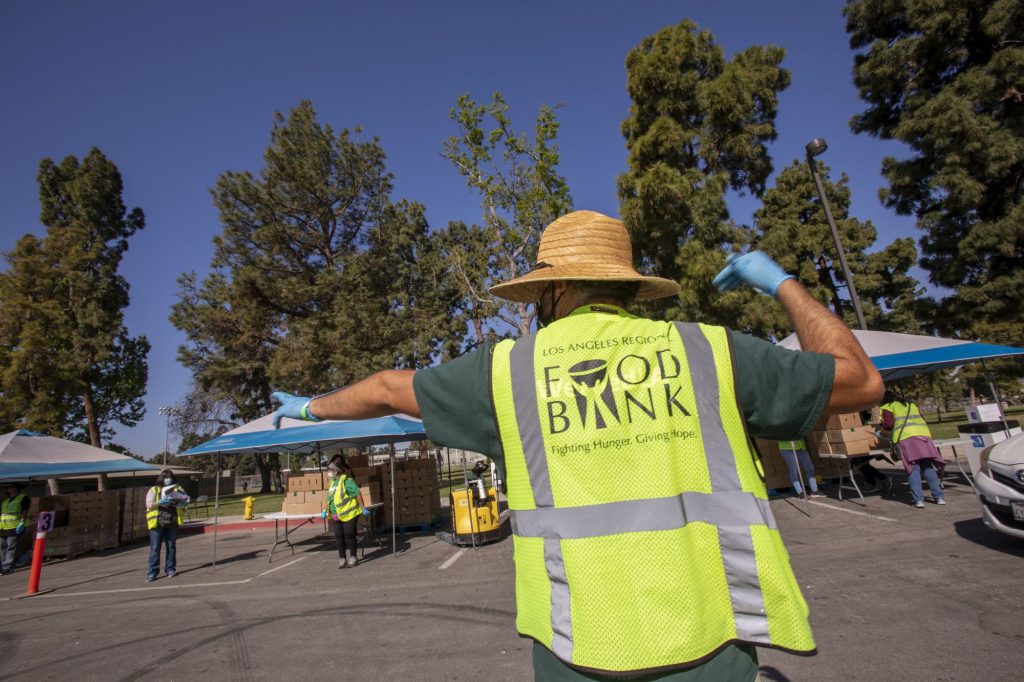Grocery Stores Help the Food Bank Fight Food Waste
Grocery Stores Help the Food Bank Fight Food Waste
Everybody Wins When Stores Keep Food from Going to Waste
When you walk into your local supermarket, you will find carefully stocked shelves and bins full of fruits, vegetables, meat, dairy and baked goods. But what happens to those items once their expiration date nears? Rather than throw perfectly good food away, retailers donate unsold food items to the Los Angeles Regional Food Bank and its network of partner agencies — ensuring any surplus food goes to better use.
“When our organization committed to zero hunger and zero waste, we knew we needed help,” said Amindra Wijay, food safety manager for Ralphs Grocery Company. “Our food rescue partners at LA Regional Food Bank have done an amazing job helping us on this journey. A decentralized network of local organizations picking up from our store locations more often was exactly the assistance we needed.”
Through the Food Bank, hundreds of retailers — including all Southern California locations of Albertsons and its Vons and Pavilions subsidiaries, as well as Ralphs and its Food 4 Less locations — help provide food for 300,000 people each month.
“Our donations go straight from stores and get into the hands of people who wouldn’t be able to afford to go into a market and buy all that food,” said Curt Smith, refuse and recycling manager for Albertsons’ Southern California Division. “Not only are donations helping to feed people, but stores are also helping the environment by not throwing that product away. It’s the best business value retail stores can make to donate surplus food; it’s better than any recycling options.”
Rescuing surplus food by donating it to the Food Bank while it is still fresh can be more cost-effective than merely waiting to compost it. State regulations require businesses to recycle any excess food through composting or other programs. Donating food to the Food Bank fulfills this requirement for stores and also reduces the resource strain that tends to be associated with typical disposal. For instance, rather than paying hauling companies to pick up materials, the Food Bank accepts donations for free.
As a whole, Smith said the choice to donate food to the Food Bank comes down to good sense. “First of all, it makes business sense. Second, it makes human sense. Third, it makes environmental sense, and fourth, it’s the law,” Smith said. “I can tell you that there’s never a shortage of partners to pick up. The need is greater than the amount of product available. There are so many hungry people who need a good meal every day.”
WHO IS HELPING
Many local retailers participate in the Los Angeles Regional Food Bank’s food diversion program. Nearly half of the Food Bank’s top 50 donors are produce donors. Partners include:
- Albertsons/Vons/Pavilions
- Aldi
- Amazon
- Big Lots!
- Costco Wholesale Company
- El Super
- Gelson’s Markets
- Kroger — Ralphs & Food 4 Less
- Panera Bakery Company
- Rite Aid
- Ranch 99 Market
- Sam’s Club Retail Company
- Smart & Final
- Sprouts Farmers Markets
- Starbucks Coffee Company
- Super King Markets
- Target Department Store Company
- Trader Joe’s Company
- Walmart Retail Company
- Whole Foods Market
- WinCo Foods
- 99 Cents Only Stores

